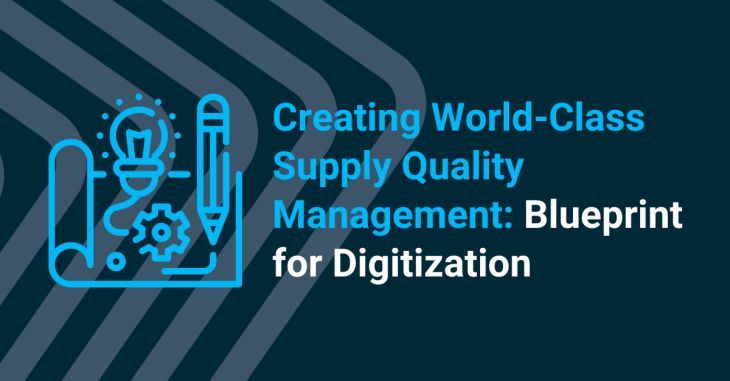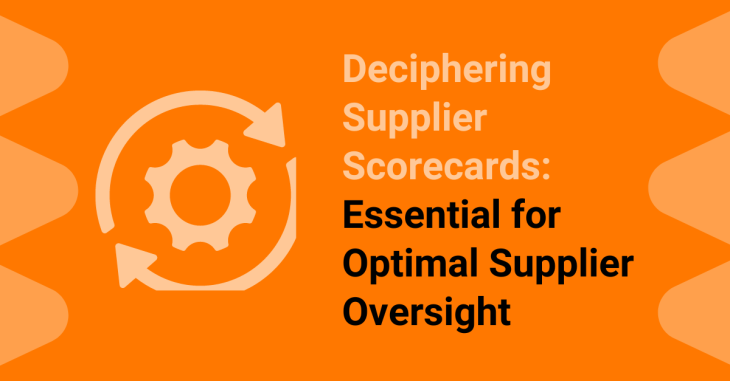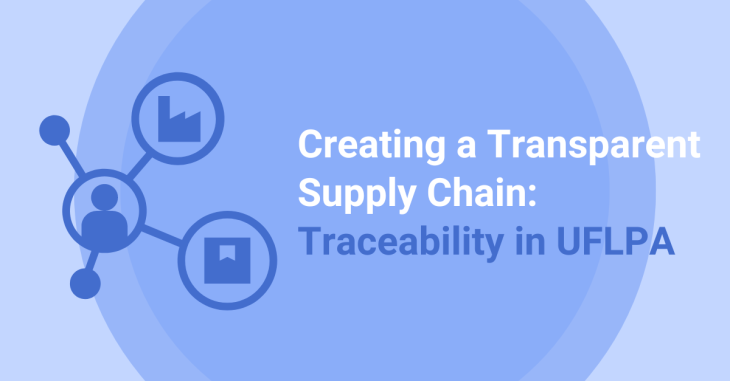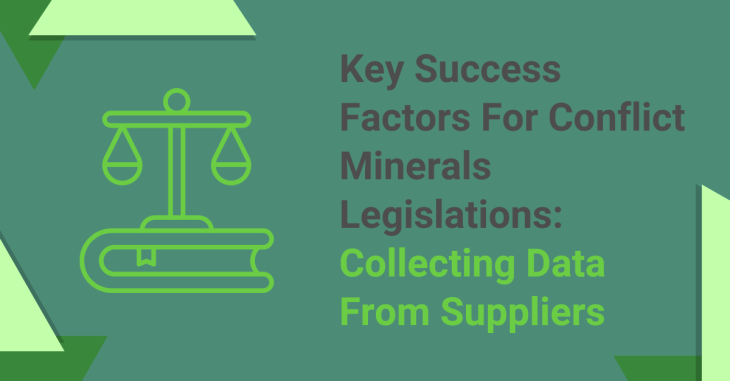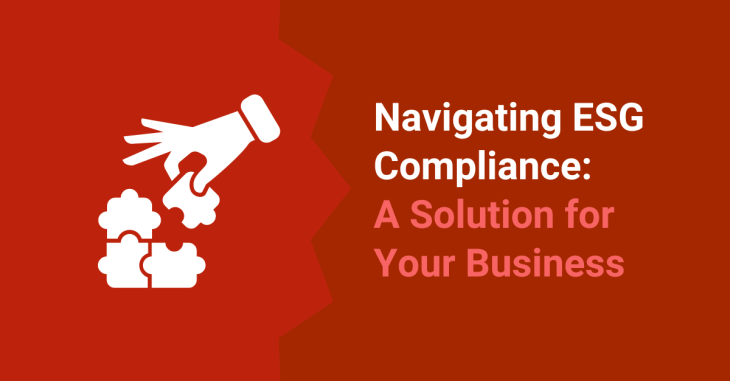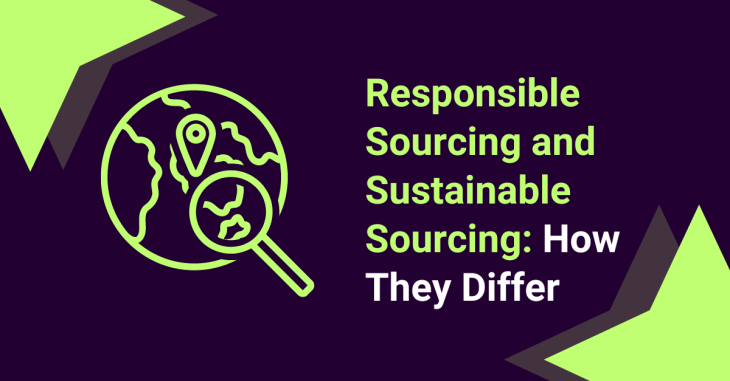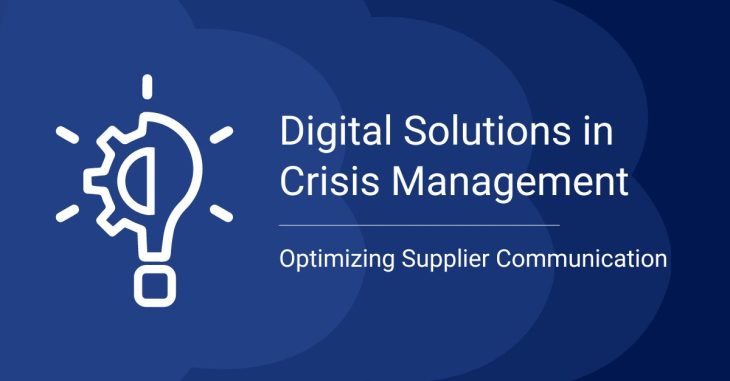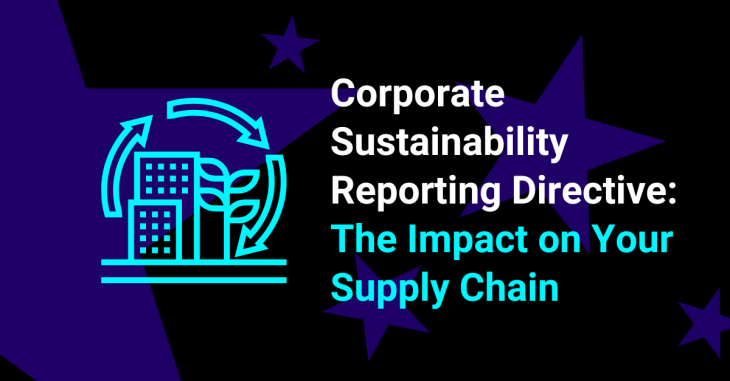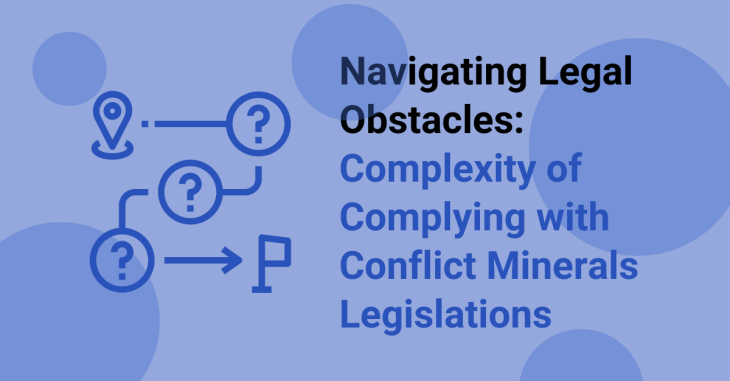Creating World-Class Supply Quality Management: Blueprint for Digitization
Digital transformation integrates innovative technologies, talent, and processes to enhance business operations and customer satisfaction. In the Life Sciences industry, improving supplier quality management is vital for patient safety and product quality. Prioritizing digital transformation in this area is essential due to suppliers’ significant impact on organizations. Data Visibility: Achieving comprehensive data visibility across the […]
Read MoreSustainable Future: A Practical Approach to Circular Supply Chains
In response to the rapidly evolving landscape of global compliance and sustainability, Rhythm Innovations has meticulously developed innovative solutions aimed at enabling circular supply chain practices. Recognizing the need for a holistic transformation, a circular supply chain strategy involves a fundamental reconsideration of every operational aspect, from initial product design to conscientious material sourcing and […]
Read MoreDeciphering Supplier Scorecards: Essential for Optimal Supplier Oversight
In today’s complex business environment, effective supplier management is crucial for success. Businesses rely on suppliers to source goods and services, impacting quality, cost, and efficiency. To evaluate supplier performance, organizations utilize a tool known as the “Supplier Scorecard.” Supplier Scorecards are strategic tools for assessing and monitoring supplier performance, comprising metrics, KPIs, performance criteria, […]
Read MoreCreating a Transparent Supply Chain: Traceability in UFLPA
In an era where corporate responsibility and ethical business practices take center stage, setting up transparency in the supply chain is not just a best practice; it’s a necessity. Our commitment to Uyghur Forced Labor Prevention Act (UFLPA) compliance is rooted in the belief that transparency is the cornerstone of a responsible and sustainable business. […]
Read MoreKey Success Factors for Conflict Minerals Legislation: Collecting Data From Suppliers
In conflict minerals legislation, collecting accurate and comprehensive data from suppliers is crucial for ensuring compliance and transparency within the supply chain. Supplier Engagement and Collaboration: Successful implementation of conflict minerals legislation relies on building strong relationships with suppliers. Establish open lines of communication to facilitate the exchange of information regarding mineral sourcing. Data Standardization […]
Read MoreNavigating ESG Compliance: A Solution for Your Business
In today’s evolving business landscape, companies increasingly recognize the importance of Environmental, Social, and Governance (ESG) factors in their operations. Sustainability concerns have gained prominence globally, leading stakeholders to scrutinize businesses for their impact on the planet, society, and corporate governance. This shift highlights a growing awareness of the interconnectedness between business practices and broader […]
Read MoreResponsible Sourcing and Sustainable Sourcing: How They Differ
At its core, Responsible Sourcing means following ethical rules and acting responsibly. It relates to meeting accepted standards on subjects such as fair treatment of people and not harming the environment. On the other hand, Sustainable Sourcing goes further. It’s not just about following rules; it’s about actively creating a better future. It may involve […]
Read MoreCorporate Sustainability Reporting Directive (CSRD): The Impact on Your Supply Chain
What is CSRD? The Corporate Sustainability Reporting Directive (CSRD) is a legislative mandate by the European Union. It has been enforced since January 5, 2023. It mandates all EU enterprises, including eligible subsidiaries of non-EU firms, to divulge their ecological and societal footprints. Additionally, it necessitates a thorough examination of how their environmental, social, and […]
Read MoreNavigating Legal Obstacles: Complexity of Complying with Conflict Minerals Legislations
Complying with conflict minerals regulations is complex due to the extensive supply chain networks involved and the need for thorough verification at each level. Here’s why: Multi-tiered Supply Chains: Supply chains for products can be extensive, often spanning multiple tiers of suppliers. Each tier may source materials from various regions, making it challenging to trace […]
Read More

